Let’s Acknowledge Challenges—But Not Create Divisions
The Indo-American community has flourished—contributing as doctors, engineers, entrepreneurs, and teachers—helping shape the story of modern America.
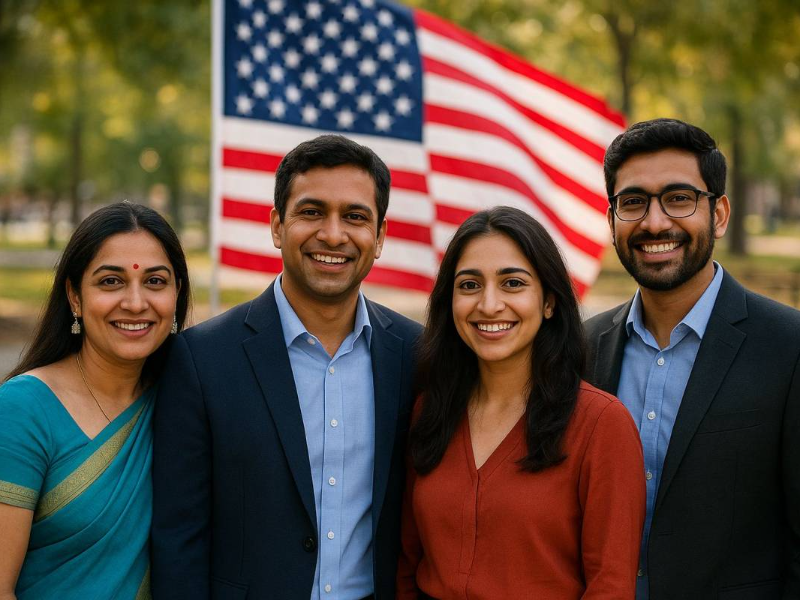 Representative image / AI generated
Representative image / AI generated
I came to the United States more than fifty years ago, a young man full of hope and curiosity. Like many immigrants, I worked hard, raised a family, and made this country my home. Except for three years on assignment in Saudi Arabia, I’ve lived here continuously for 53 years. During that time, I’ve seen America change in countless ways—socially, politically, and culturally. I’ve also watched the Indo-American community grow from a small, quiet presence into a vibrant, respected part of American life.
When I first arrived, there were few Hindu temples and hardly any public celebrations of our festivals. Today, you’ll find temples in nearly every state, and Diwali is celebrated in schools, city halls, and even the White House. Our community has flourished—contributing as doctors, engineers, entrepreneurs, and teachers—helping shape the story of modern America.
In 1993, I founded the Indo-American Community Federation (IACF) with a simple mission: to bring diverse communities together and promote understanding. Over the past three decades, I’ve worked with people of every faith and background—Hindu, Muslim, Sikh, Christian, Jewish, and others—because I’ve always believed what connects us as human beings is far greater than what divides us.
Seeing a Subtle but Real Rise in Anti-Hindu Bias
Lately, though, I’ve found myself reflecting on the growing discussion about “Hinduphobia” in the U.S. For most of my life here, I didn’t feel any widespread hostility toward Hindus. But in recent years, both data and community stories suggest that bias against Hindus—while still relatively low compared to other forms of hate—has been creeping upward.
According to FBI data, anti-Hindu hate crimes more than doubled in 2022, with 25 reported cases compared to about a dozen in earlier years. California’s “CA vs. Hate” program has also logged a noticeable number of reports involving anti-Hindu bias, though experts say many incidents likely go unreported.
We’ve seen temples vandalized, social media filled with slurs and conspiracy theories, and some Hindus encountering misunderstanding or subtle bias in workplaces and schools. Between 2023 and 2025, online tracking has shown a rise in derogatory content targeting Hindus and Indian Americans.
Let’s be clear: the total number of cases remains small compared to other types of hate crimes. But that doesn’t make them any less troubling. Even a small increase in hate deserves our attention and collective response.
Responding with Perspective
At the same time, we need to keep things in perspective. We should acknowledge what’s happening without letting it divide or frighten us. America remains a country where laws protect religious freedom and where people of all faiths can thrive.
If we focus too much on fear, we risk defining ourselves by it. When we start seeing ourselves primarily as victims, we lose sight of how far we’ve come. The truth is, the Indo-American experience has largely been one of opportunity and respect. Our community has been able to grow, worship freely, and succeed—something not possible in many other parts of the world.
We can recognize prejudice when it appears, but we should also remember the overwhelming goodwill around us. Yes, there’s a rise in reported incidents, but that should inspire us to engage more deeply with others—not pull away. The best way to fight ignorance is through connection.
Building Bridges, Not Walls
When faced with misunderstanding, the instinct might be to retreat—to circle the wagons around our community. But the better answer is to reach out. Join interfaith events. Volunteer in your neighborhood. Educate others about Hindu culture and traditions. When people know each other personally, fear gives way to familiarity.
America has always worked best when people come together across differences. It’s good to be alert to bias, but not to let that awareness harden into mistrust. Our children should grow up in a country where being Hindu—or of any faith—is just one of many beautiful threads in the American fabric.
Through my work with the Indo-American Community Federation, I’ve seen what happens when people come together. When Hindus, Muslims, Sikhs, Christians, and Jews work side by side—whether it’s for education, civic engagement, or disaster relief—we discover how much we share. Dialogue builds empathy. Service builds trust.
A Time for Gratitude and Unity
It’s understandable that some people feel uneasy about recent trends. But we must be careful not to turn concern into fear or suspicion. The same America that sometimes struggles with issues of bias also gives us the freedoms and protections to speak up and make change.
After more than half a century here, I can say with confidence that this country still offers everyone a chance to belong. Our temples, our achievements, and our growing visibility all show how deeply our community has taken root. That’s something to be proud of.
So yes—let’s acknowledge the challenges Hindus and others may face. Let’s work together to document and address them. But let’s not lose sight of the bigger picture. America is still a land of opportunity, diversity, and acceptance—if we continue to nurture those values.
We’ve come too far to let fear define our story now. The task before us isn’t to build higher walls—it’s to open more doors.
The author is the founder of the Indo-American Community Federation (IACF), author of two books and a longtime advocate for interfaith harmony.
(The views and opinions expressed in this article are those of the author and do not necessarily reflect the official policy or position of New India Abroad)
ADVERTISEMENT
ADVERTISEMENT
E Paper
Video




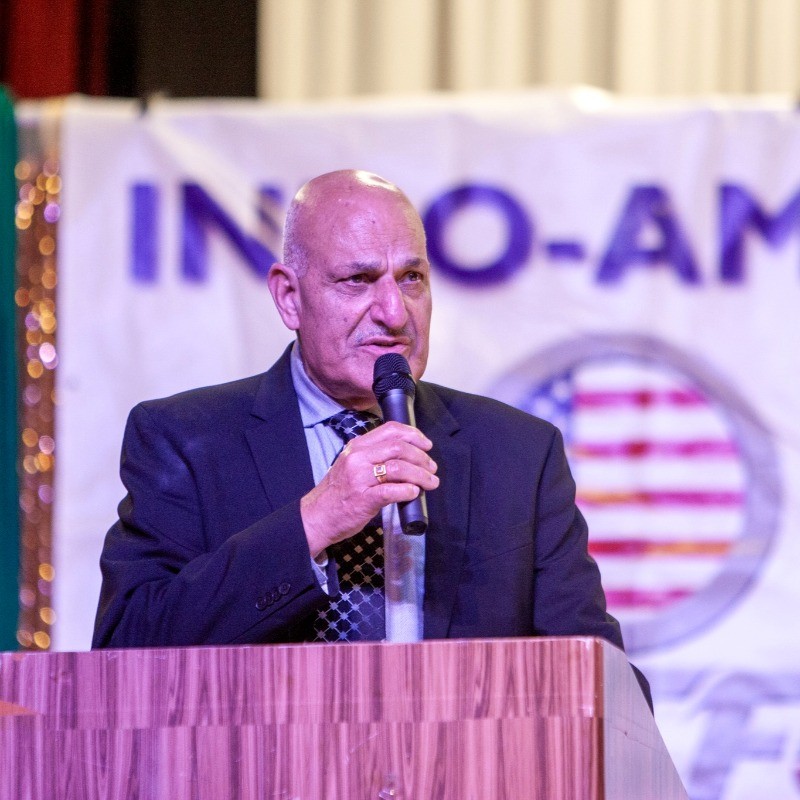 Jeevan Zutshi
Jeevan Zutshi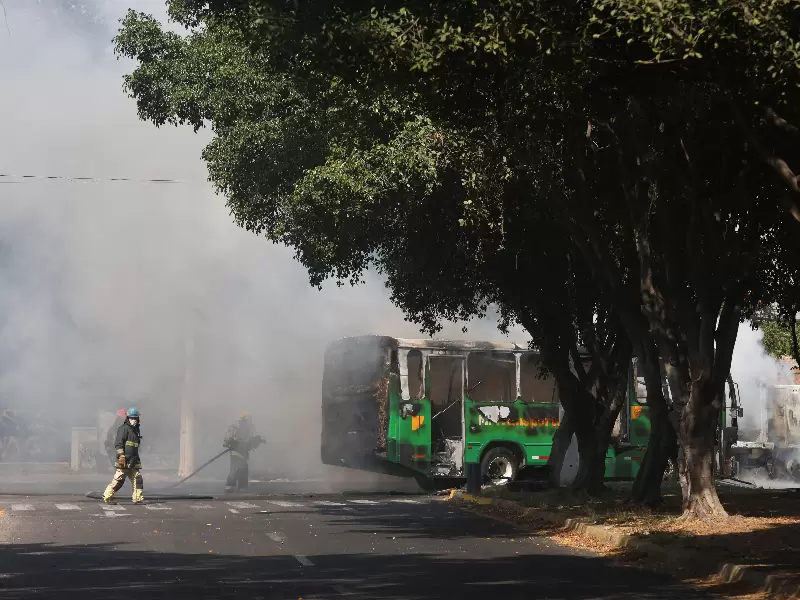
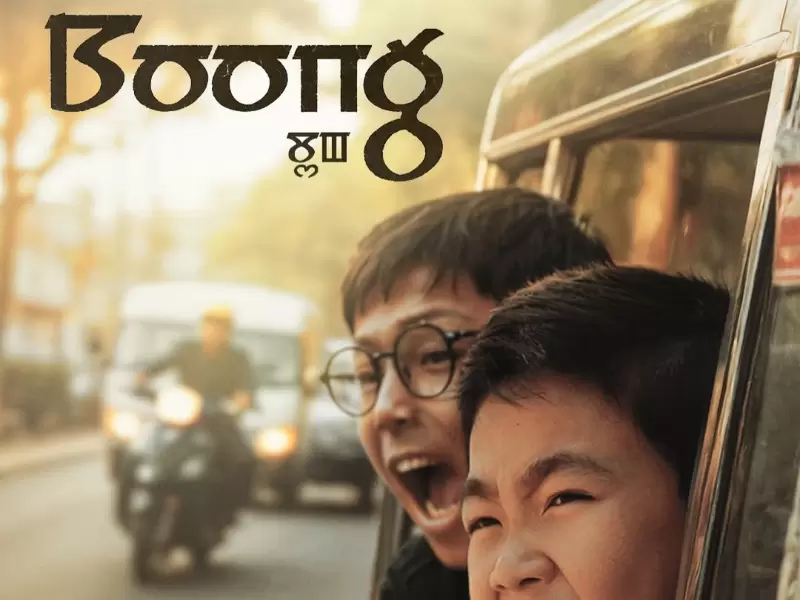

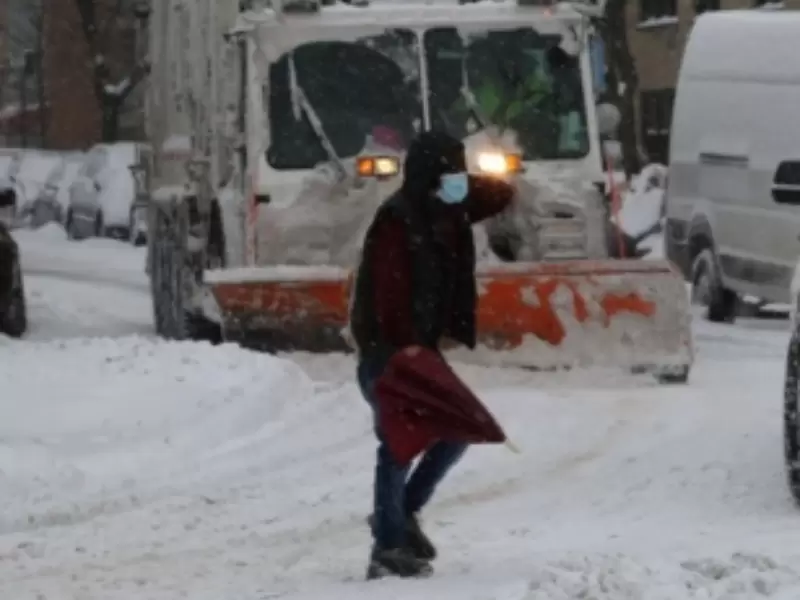
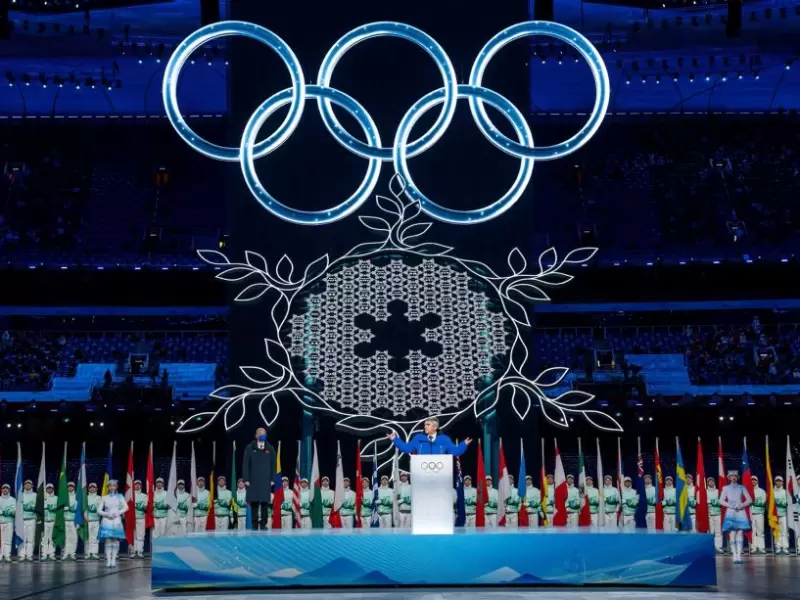
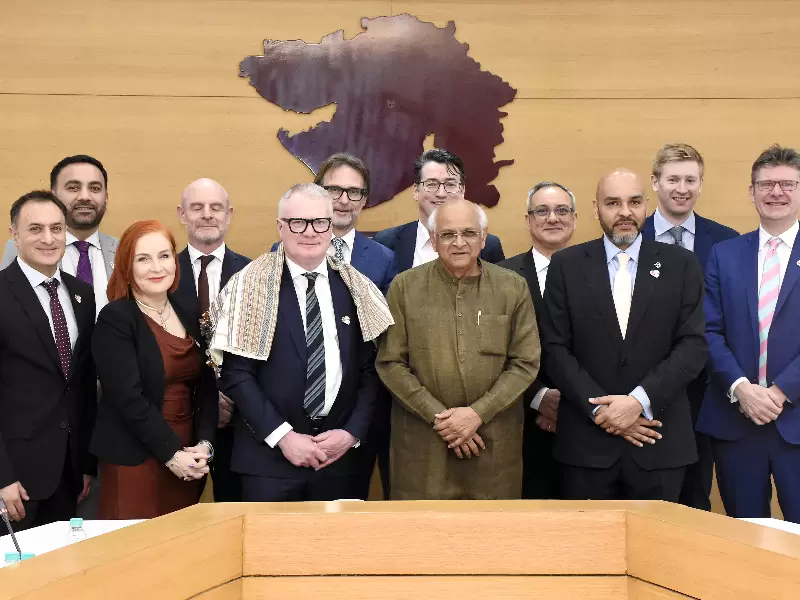
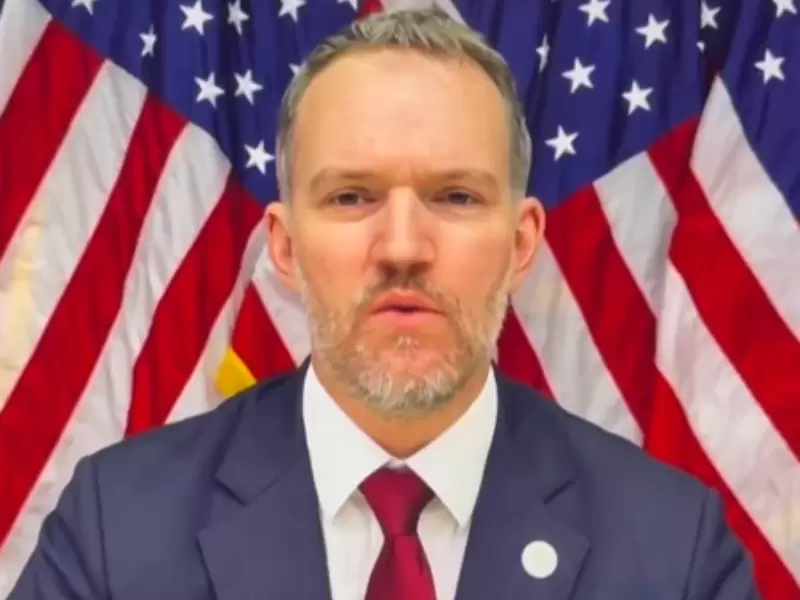
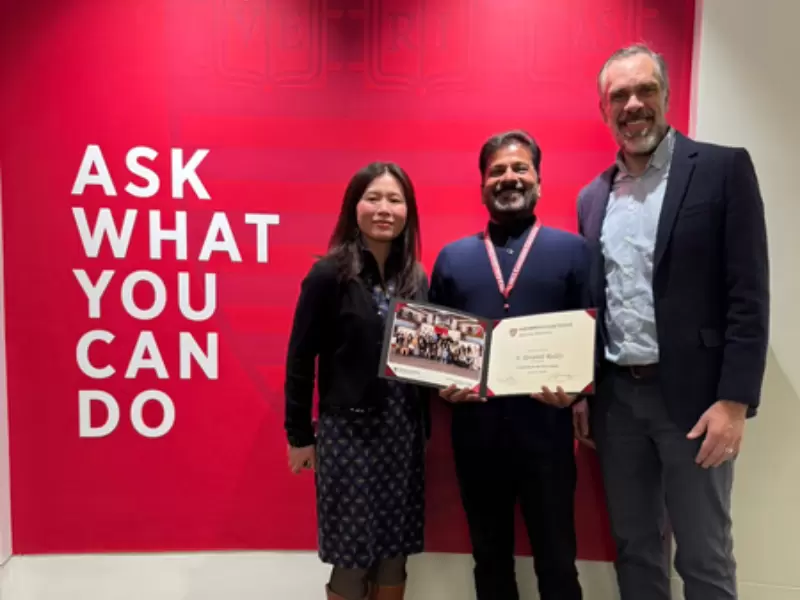


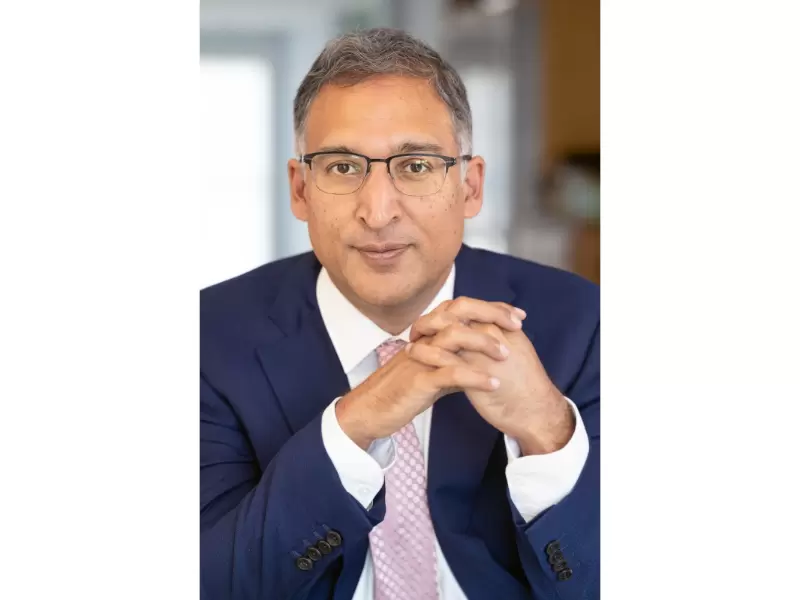
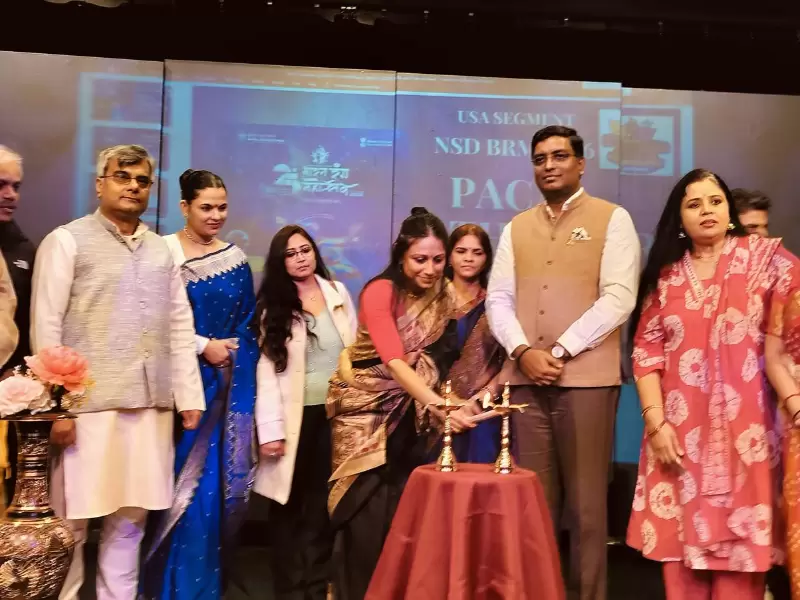


Comments
Start the conversation
Become a member of New India Abroad to start commenting.
Sign Up Now
Already have an account? Login